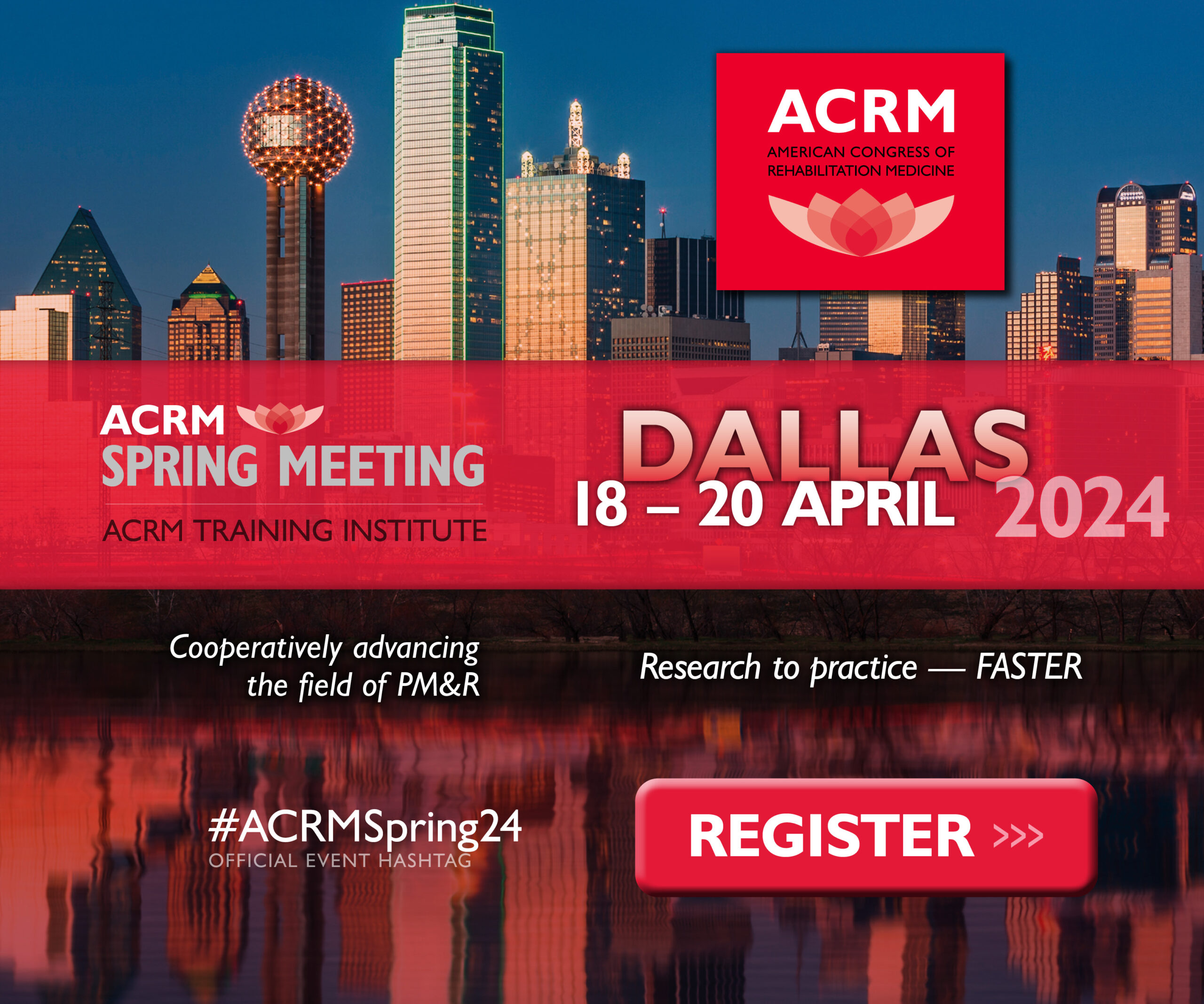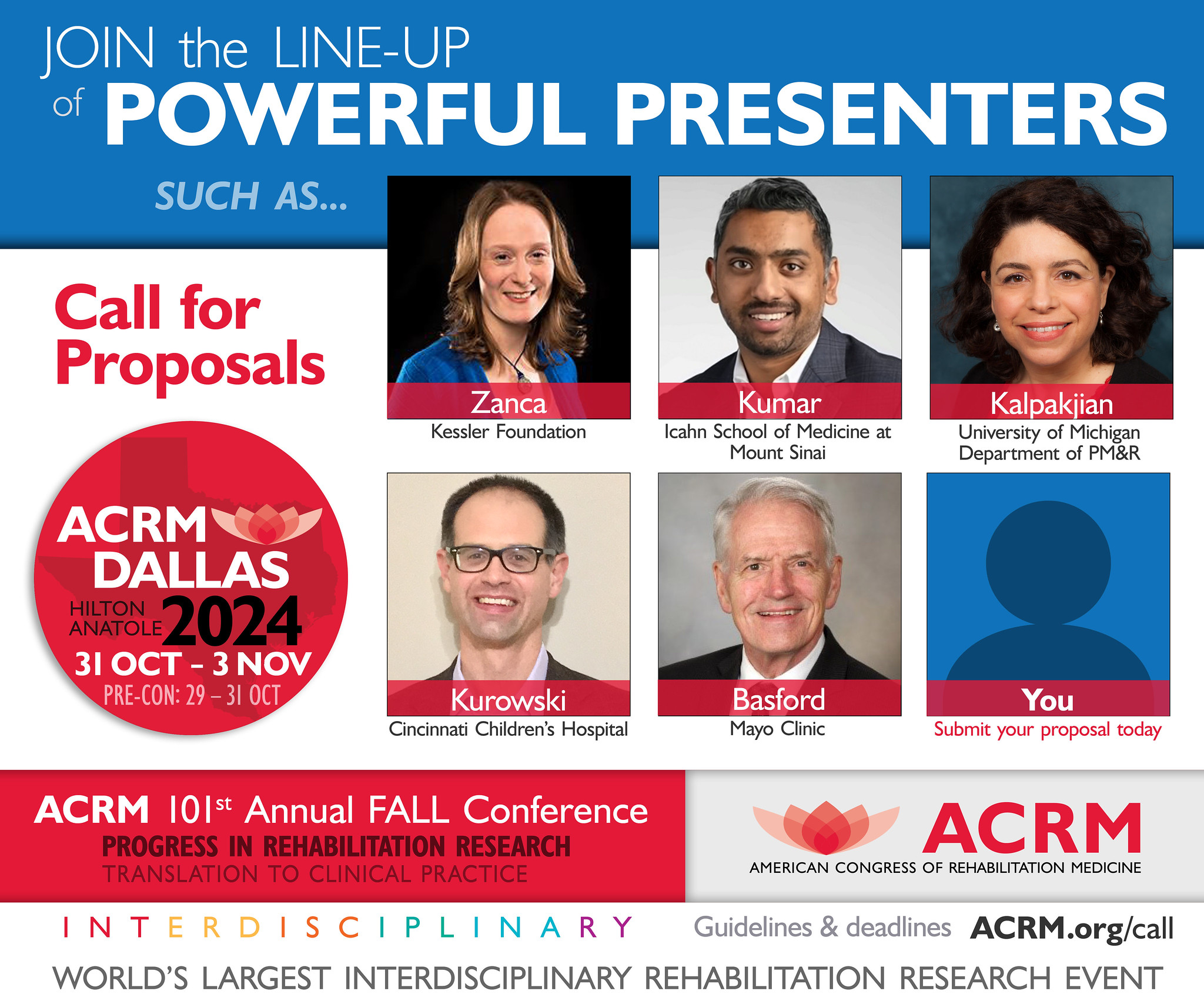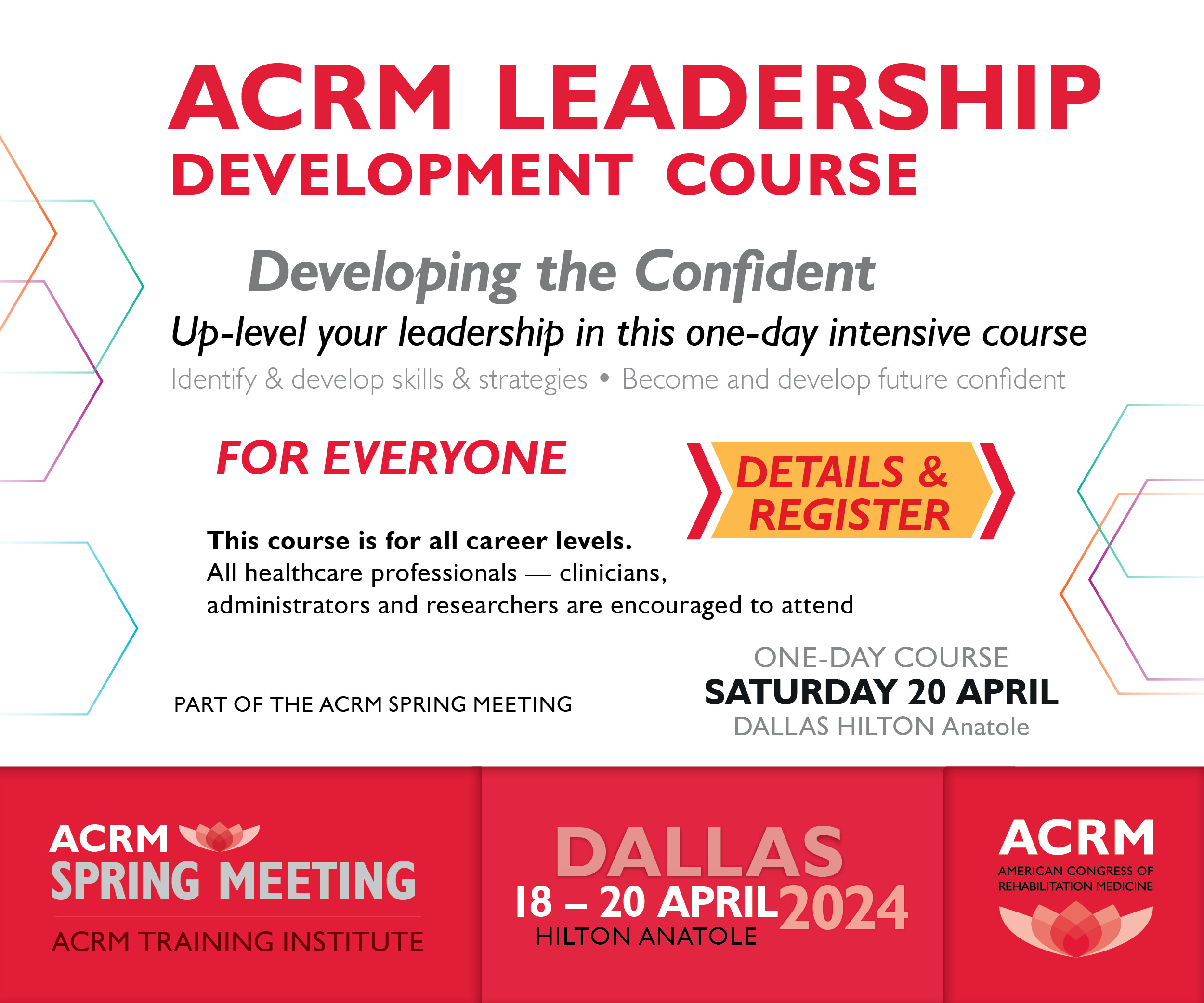Lecture Luncheons
Add up to three Lecture Luncheons to your registration and earn an hour of continuing education credit for each. These popular events keep the education coming while you enjoy a sit-down meal and connect with colleagues who share your interests.
NEURODEGENERATIVE DISEASES LECTURE LUNCHEON
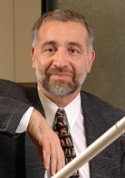
Daniel Corcos
WED 2 NOV
Mechanisms Underlying Exercise Efficacy in Parkinson’s Disease
with Guest Speaker, Daniel M. Corcos, PhD
Professor, Department of Physical Therapy and Human Movement Sciences at Northwestern University, Feinberg School of Medicine
The evidence that exercise of all kinds is beneficial for everyone is clear and compelling. For individuals suffering from a neurodegenerative disease such as Parkinson’s disease, exercise should be considered as medicine. This presentation will outline the benefits of exercise that are specific to Parkinson’s disease. The benefits of resistance training, endurance training and balance training will be outlined. The presentation will discuss what is known about the dose response to exercise. The presentation will also discuss different mechanisms that bring about therapeutic change. The mechanisms will include brain mechanisms, spinal mechanisms as well as potential trophic and inflammatory mechanisms.
Learning objectives:
- Understand the benefits of progressive resistance exercise, endurance training and balance training for Parkinson’s disease.
- Know the different mechanisms that underlie the therapeutic benefit of progressive resistance exercise training, and endurance training.
- Be able to describe the exercise prescription for Parkinson’s disease.
- Describe the best doses of exercise for progressive resistance exercise, endurance exercise and balance exercise.
Dr. Daniel Corcos is a professor of physical therapy and human movement sciences at Northwestern University and author of more than 200 research articles, publishing extensively in the area of rehabilitation. He has served on NIH study sections for more than 20 years, including chairing the Musculoskeletal and Rehabilitation Sciences Study Section and the Musculoskeletal Function and Speech Rehabilitation Study Section. He has been continuously funded by NIH since 1986.
His recent research on Parkinson’s disease includes completion of a clinical trial on the effects of progressive resistance exercise, demonstrating clear benefits on the motor symptoms of the disease as well as benefits of exercise on cognition. Currently, Dr. Corcos is a principal investigator on a Phase II clinical trial on the effects of different doses of endurance exercise on patients with Parkinson’s disease.
SPINAL CORD INJURY LECTURE LUNCHEON
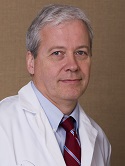
Armin Curt
THU 3 NOV
Stem Cell Research in SCI: What You Need to Know
Featuring Armin Curt, Dr. med, FRCPC, from the University of Zurich, Switzerland. Dr. Curt is a full professor for paraplegiology and chief consultant and director of the Spinal Cord Injury Center at Balgrist University Hospital in Zurich.
Translational research is inherently challenged to bridge the gap between preclinical research discoveries and how to embed such new knowledge into meaningful treatment concepts and eventually apply this in patients. The same is unquestionably true in spinal cord injury where specific challenges in the translation from bench to bed need to be considered. Translational research in human SCI considering the application of stem cells is not only challenged by principal ethical and epistemological considerations about the transplantation of “allogenic prospering cells” but also how to bridge the gap between preclinical models and traumatic human SCI. The lecture alludes to some considerations regarding stem cells as have been applied in the Hu-CNS CS trials in sub-acute thoracic and cervical human SCI as well as compared to similar clinical trials in the field.
- To understand safety issues in stem cell transplantation
- Feasibility aspects of stem cell transplantation in SCI
- Applicability of immunosuppression in SCI
- Fortune and fate of stem cell trials in human SCI
NEUROPLASTICITY LECTURE LUNCHEON
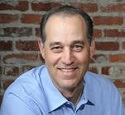
Mark D’Esposito
FRI 4 NOV
How Can We Develop Treatments for Cognitive Deficits? #864
The Neuroplasticity Lecture Luncheon will feature Mark D’ Esposito, MD, professor and director of the Henry H. Wheeler Jr. Brain Imaging Center at University of California, Berkeley.
Although significant changes are not anticipated, all sessions, speakers, and schedules posted on this website are subject to change.


